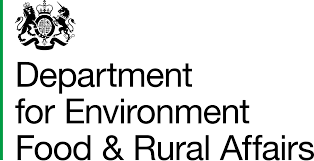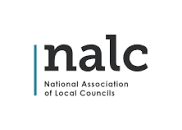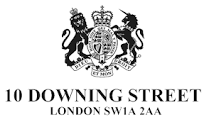PRESS RELEASE : Avian influenza confirmed in poultry in England [November 2024]
The press release issued by the Department for Environment, Food and Rural Affairs on 18 November 2024.
The UK’s Chief Veterinary Officers are urging all bird keepers to follow scrupulous biosecurity measures following the confirmation of Highly Pathogenic Avian Influenza (HPAI) H5N1 and HPAI H5N5 in poultry in England.
To prevent further spread of the disease all poultry on the infected premises will be humanely culled and a 3km protection zone and 10km surveillance zone has been put in place surrounding the affected premises.
Within these disease control zones restrictions on the movement of poultry and other captive birds, carcases, eggs, used poultry litter and manure apply. Bird keepers in the disease control zones will have the opportunity to apply for movement licences for some specific low risk movements from the zones. Within the 3km protection zone bird keepers must also house their birds to protect them.
Disease control zones are only lifted once all disease control and surveillance activities in the zones have been successfully completed and there are no suspect cases under investigation in the zones.
The new cases of HPAI in kept birds follows the recent increase in risk levels for both wild birds and poultry, and detection of both HPAI H5N1 and HPAI H5N5 in wild birds in Great Britain and across continental Europe.
All bird keepers are urged to remain vigilant and take action to protect their birds. Practicing good biosecurity at all times protects the health and welfare of kept birds and for commercial keepers will help protect businesses from HPAI and other diseases. Bird keepers can find out what they can do to prevent bird flu and stop it spreading and how to spot and report suspicion of avian influenza in poultry or other captive birds together with updates on the latest situation in Defra’s guidance at gov.uk/birdflu.
The UK Health Security Agency (UKHSA) has said that avian influenza is primarily a disease of birds and the risk to the general public’s health is very low but people should not touch any dead or sick wild birds they find.
The Food Standards Agency advises that properly cooked poultry and poultry products, including eggs, remain safe to eat.
UK Deputy Chief Veterinary Officer, Jorge Martin-Almagro, said:
Avian influenza (‘bird flu’) has been confirmed in poultry at premises in England. Immediate steps have been taken to limit the risk of the disease spreading and all remaining poultry at the farm will be humanly culled.
The UK Health Security Agency (UKHSA) currently advises that the risk to the general public’s health from bird flu is very low, and the Food Standards Agency (FSA) has said that bird flu does not pose a food safety risk for UK consumers.
Winter is a greater risk period for avian influenza and these cases demonstrate that, now is the time if you are a bird keeper to ensure you have very robust biosecurity. Bird keepers must remain alert for any signs of disease and report suspected disease immediately.
In Great Britain members of the public are encouraged to report findings of dead wild birds using the online reporting system or by calling the Defra helpline (03459 33 55 77). By reporting dead wild birds, you are helping Defra and APHA understand, the risk to different species groups of wild birds, the risk posed to poultry & other captive birds and the risk of overspill into mammals.



